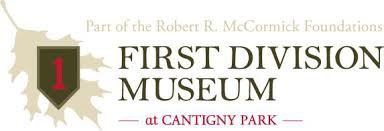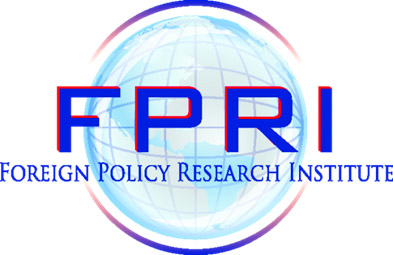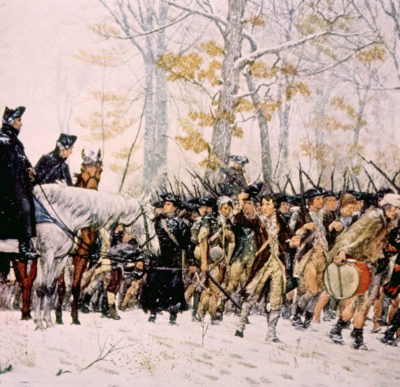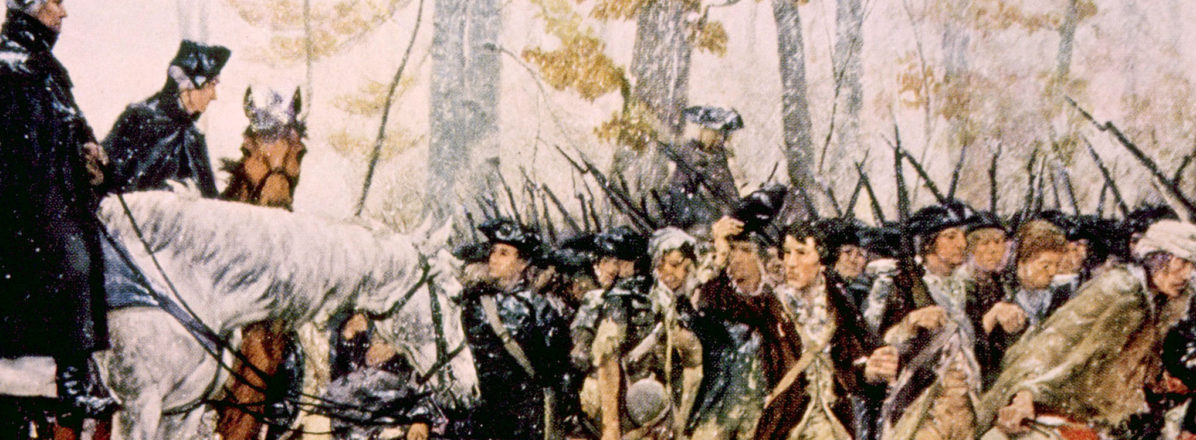A nation must think before it acts.
Announcing FPRI’s 2017 Military History Institute: Why Does America Go To War?
 |
 |
 |
PHILADELPHIA, PA – The Foreign Policy Research Institute is proud to announce its 13th Annual Military History Institute Weekend in coordination with the First Division Museum at Cantigny and Carthage College.
The History Institute will be held Saturday – Sunday, March 25-26, 2017 at the First Division Museum at Cantigny Park (Wheaton, Illinois). Secondary school teachers, curriculum supervisors, and junior college faculty are invited to apply for 40 available slots. Deadline for application is January 30, 2017.
Why Does America Go To War?

The decision to go to war is the most momentous any leader, any nation, can make. For the United States, the process of declaring war, enshrined in the constitution, has always been a source of domestic political dispute as well as geopolitical interest, as every conflict raised anew the fundamental question of whether and how the United States should deal with the wider world. Presidents and Congresses have not always agreed on the nature of the threat and the proper response. Often, the decision formally to declare war came only after a buildup of pressure that broke domestic partisan resistance. Since 1942, questions of war and peace have become even more complicated, as Presidents have used their executive authority to commit American troops to fighting without presenting Congress with a formal vote to declare war.
Why has the United States gone to war? What were the casus belli? Who advocated for war and who resisted—and why did they do so? Who decided and why? What were the strategic/military considerations? How did each experience with going to war shape the discussion of subsequent conflicts?
These vital questions will guide the discussion at our next History Institute for Teachers.
Topics and Speakers will include:
Thinking About War
Kori Schake, Research Fellow, Hoover Institute
The War of 1812
Paul J. Springer, Professor of Comparative Military History, Air Command and Staff College; Senior Fellow, FPRI’s Center for the Study of America and the West
The Mexican-American War (1846-48)
Walter A. McDougall, Alloy-Ansin Professor of International Relations, University of Pennsylvania; Co-Chair, FPRI’s Butcher History Institute
The Spanish-American War (1898)
David Silbey, Senior Lecturer, Cornell University
World War II (1941-45)
Dr. Bill Allison, Professor of History, Georgian Southern University
The Korean War (1950-53)
Arthur Waldron, Lauder Professor of International Relations, University of Pennsylvania; Senior Fellow, FPRI’s Asia Program
The Vietnam War (1964-73)
Heather Stur, Associate Professor, University of Southern Mississippi
The Persian Gulf War (1990-91)
Hal Brands, Henry A. Kissinger Distinguished Professor of Global Affairs, Johns Hopkins University School of Advanced International Studies; Senior Fellow, FPRI’s Program on National Security
Forty participants will be selected to receive:
- Complimentary overnight accommodations for those outside of the Chicago vicinity (Friday and Saturday nights, as needed);
- Complimentary lunch and dinner on Saturday, plus continental breakfast on Saturday and Sunday
- Assistance in designing curriculum and special projects based on the History Institute;
- Stipends of $200 for well-developed lesson plans for posting on our website that effectively utilize the experience of the weekend conference, or documentation of in-service presentations based on the weekend;
- Partial travel reimbursements (up to $250) for participants outside the vicinity of the conference center;
- Subscription to E-Notes, FPRI’s weekly Insights, and Footnotes, FPRI’s bulletin for high school teachers.
- A certificate of participation in a program offering 12 hours of instruction. In addition, for those interested, college credit is available for a small fee through our cooperating institution, Carthage College in Kenosha, Wisconsin.
- Videotapes of the entire conference will be posted subsequently on our website, plus texts of selected lectures.
TO APPLY Please email to history@fpri.org a resume, a one-paragraph statement describing your relevant teaching or other professional experience, and a brief statement of how your students or school district will benefit from your participation. NOTE: At the time of application, you are asked to make a commitment either to prepare a curriculum unit based on the weekend or to do in-service activities based on the weekend (in exchange for a stipend). Schools with a school membership in FPRI’s Wachman Center are guaranteed one place at one History Institute weekend per year. For information about school membership, contact: egilman@fpri.org. For information about future and previous programs, click here.
For a compilation of essays drawn from previous history weekends, be sure to see: American Military History: A Resource for Teachers and Students, edited by Paul Herbert and Michael Noonan (FPRI and First Division Museum, 2013).




